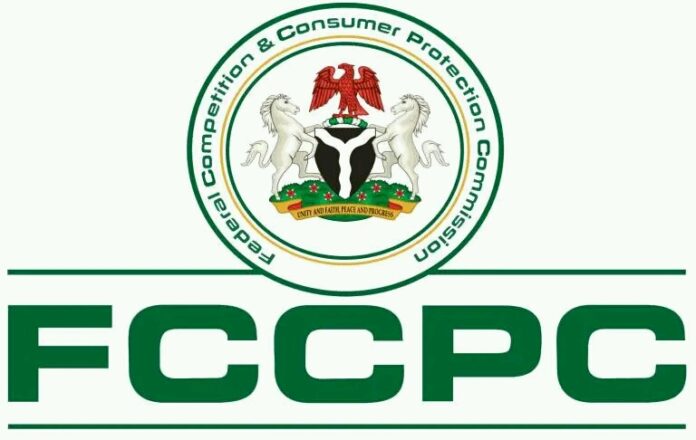By Rabiu Sanusi
The Federal Competition and Consumer Protection Commission (FCCPC) recently organized a one-day stakeholders engagement to address the pressing issue of exploitative pricing in Nigeria.
The event which held at the Afficent Event Centre in Kano, brought together key stakeholders to discuss the challenges and potential solutions to this problem.
Executive Commissioner Operations, Dr. Abdullahi Adamu, emphasized the importance of Kano as a centre of commerce and highlighted the need to address man-made problems that lead to exploitative pricing.
He noted that most farmers prefer cash crops for greener pastures, as revealed by the FCCPC survey in Dawanau market. Dr. Adamu assured that the commission is committed to finding lasting solutions to the issue.
Executive Chairman/CEO of FCCPC, Tunji Bello who delivered a keynote address, stressing the urgency of addressing exploitative pricing.
He cited price fixing as an unethical practice across state markets, where groups of people collude to fix prices, blocking marketers from deciding.
Bello Also emphasized that the FCCPC is empowered by law to address exploitative pricing decisively.
The stakeholders engagement aimed to promote dialogue between market forces and regulatory bodies.
Triumph report that Mr.Bello encouraged open discussions, stating that the FCCPC seeks to understand the challenges faced by market stakeholders and find mutually beneficial solutions.
He assured that President Bola Tinubu’s administration is committed to addressing problems, including removal of taxes and measures to mitigate price issues.
The event featured a question-and-answer session, where stakeholders raised concerns and provided insights.
The FCCPC provided answers and clarifications, demonstrating its commitment to transparency and cooperation.
The commission’s efforts aim to ensure fair pricing, protect consumers, and promote a healthy market environment.
By tackling exploitative pricing, the FCCPC aims to promote choice, ensure fairness, and alleviate the hardships faced by Nigerian consumers.
The commission’s proactive approach, coupled with stakeholder engagement, is a crucial step towards achieving a more equitable and sustainable market ecosystem in Nigeria.




